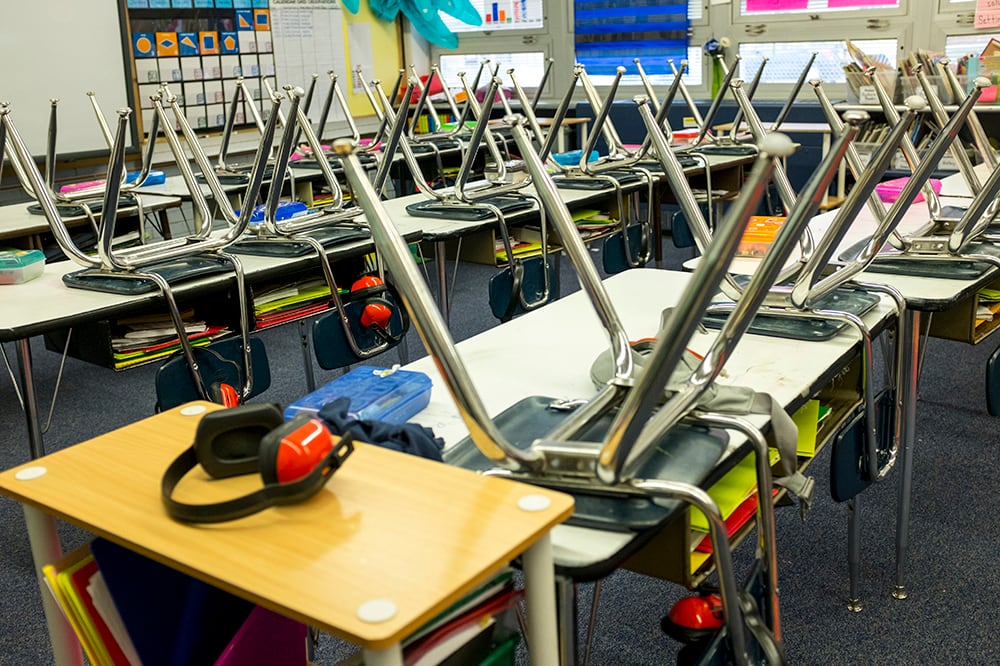A bill that would allow Colorado school board members to get paid is headed to the governor’s desk after lawmakers agreed to amendments that would limit board member compensation and require a public meeting before board members decide on compensation.
School board members in Colorado currently cannot receive any compensation. Proponents of the measure said that paying school board members would make service more feasible for working-class community members who might not be able to afford a babysitter or to miss a few hours of work to attend meetings.
“There are significant barriers to serving,” said co-sponsor state Sen. Brittany Pettersen, a Lakewood Democrat, in a committee hearing last week. “There are systemic issues, and this is just a little step forward to make sure public service is accessible to those who cannot afford that financial hit.”
The bill does not require school districts to pay board members. Instead it allows school board members to vote on a compensation proposal that would go into effect after the next election. That decision would have to be made in a public meeting.
The bill originally did not put any cap on compensation. Now school board members would be limited to $150 a day for official business, up to five days a week.
The measure was backed by the Colorado Education Association, the state teachers union. The Colorado Association of School Boards didn’t take a position.
The bill passed both chambers with Democrats in support and Republicans in opposition. On Thursday, the House agreed to adopt the amendments previously approved by the Senate.







